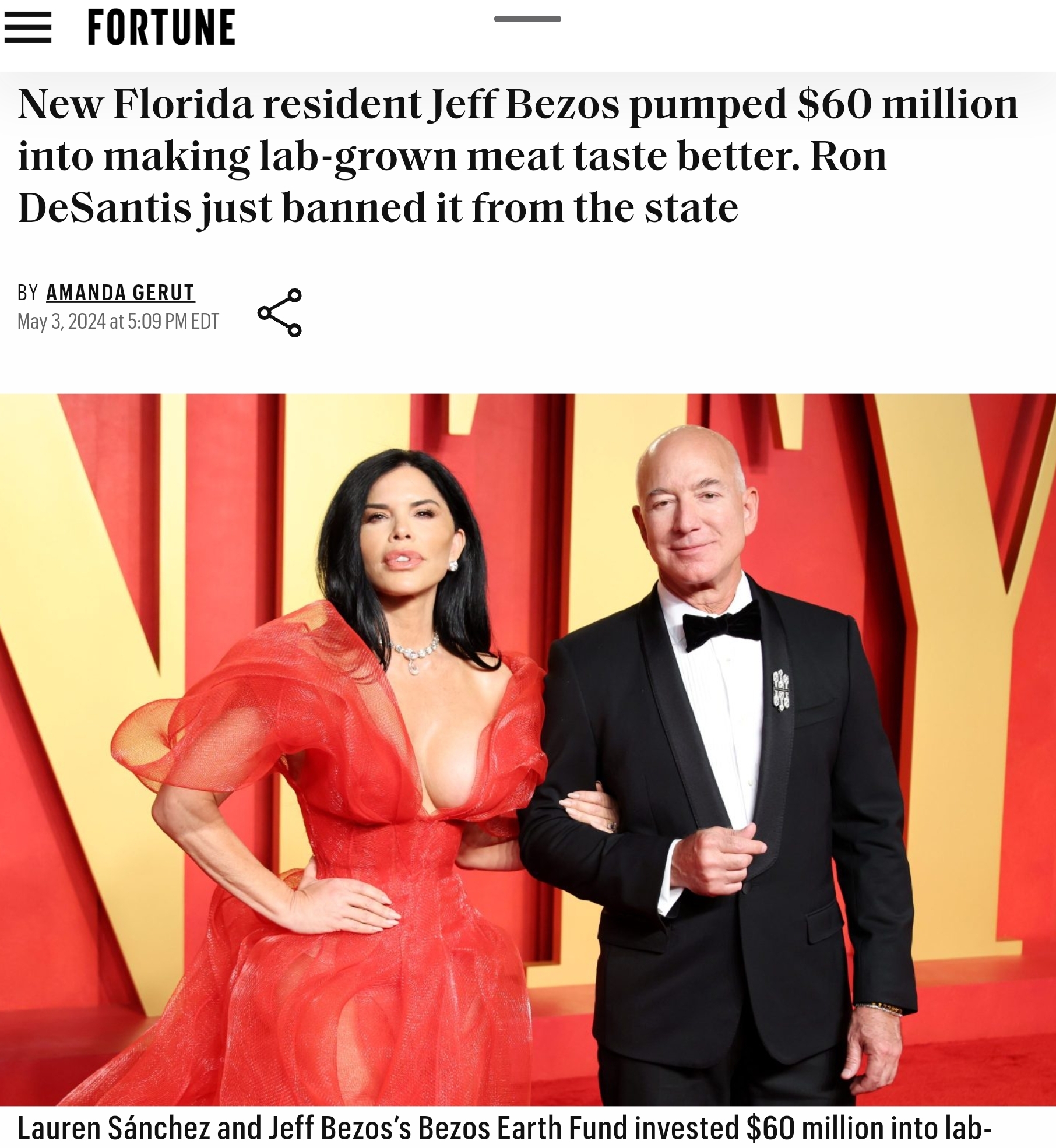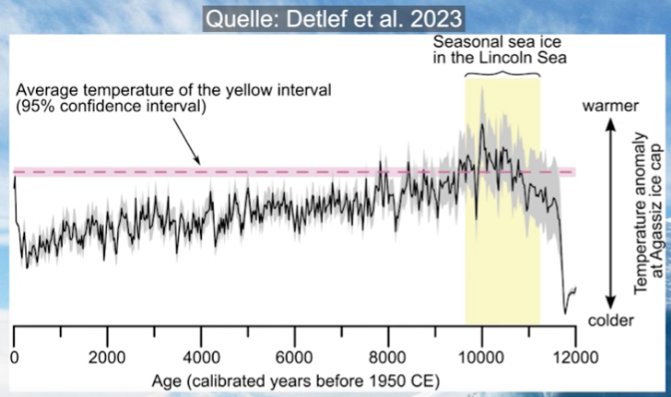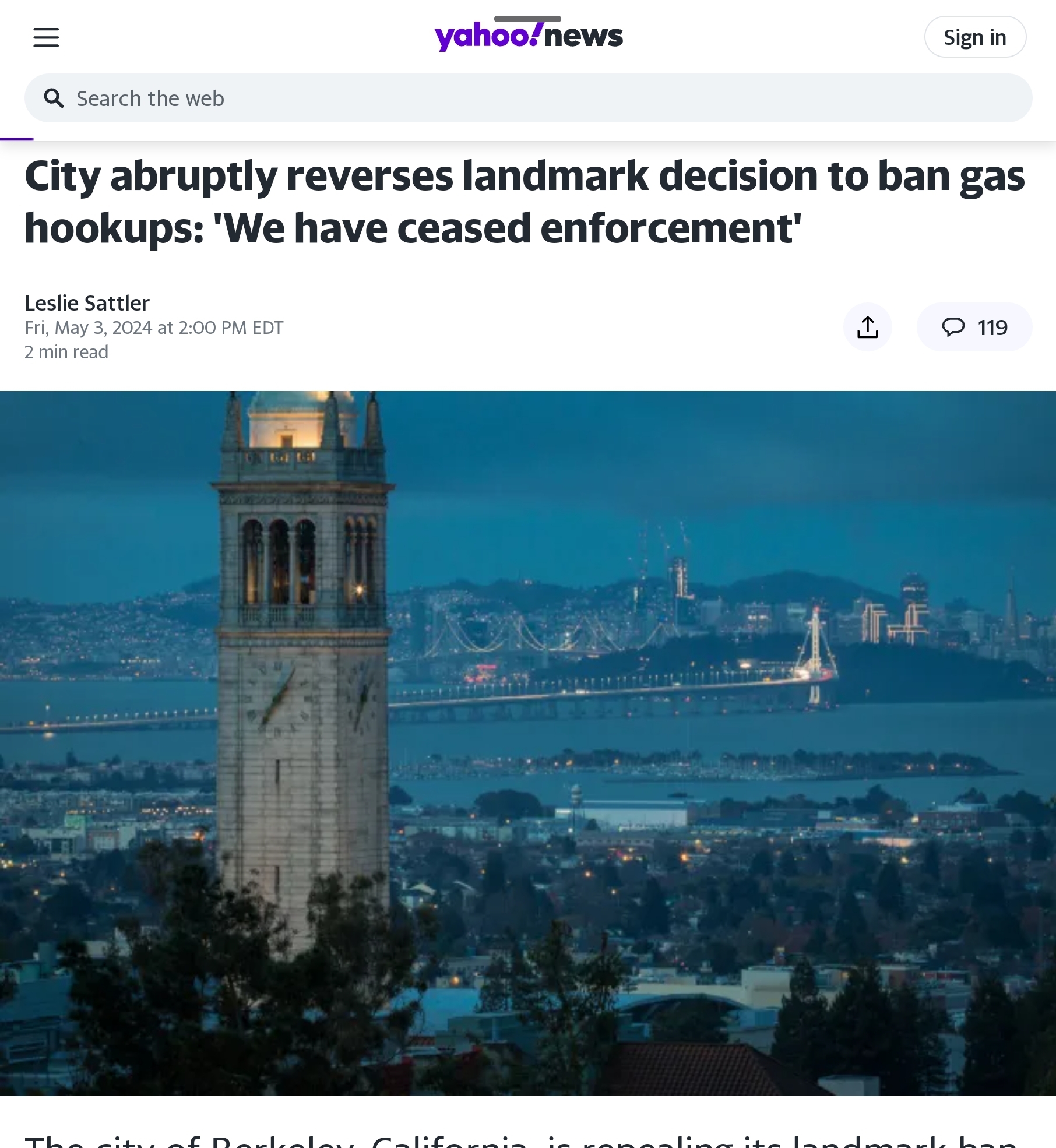Recently we received a link to a study on all electric vehicle (EV) charging stations (EVSEs) in the San Francisco Bay Area.
The study was titled “Reliability of Open Public Electric Vehicle Direct Current Fast Chargers” done by David Rempel, Carleen Cullen, Mary Matteson Bryan and Gustavo Vianna Cezar from the Department of Bioengineering, University of California, Berkeley. The study found,
“the cable was too short to reach the EV inlet for 4.9% of the EVSEs and 22.7% of EVSEs that were non-functioning were unresponsive or unavailable screens, payment system failures, charge initiation failures, network failures, or broken connectors…This level of functionality appears to conflict with the 95 to 98% uptime reported by the EV service providers (EVSPs) who operate the EV charging stations.”
So, 27% of the EVSEs had serious enough issues that you could not charge your EV.
The Biden administration wants to create the ‘backbone of [a] national charging network’ for electric vehicles. The Biden administration has said it will make a $5 billion investment to build electric vehicle charging stations across the country by 2030 in a bid to ease U.S. dependence on gas-powered cars.
Biden has set a goal of a national network of 500,000 public charging stations in place by 2030, and administration officials say over 100,000 exist already.
However, this 100,000 EVSEs is not true. It is misinformation.
According to Satista.com as of January 13th, 2022 there are 46,290 fast charging stations (EVSEs) and 113,558 home charging outlets in the U.S.
California has almost 41,300 public and private power outlets or 38% of those in the U.S.
PodPoint.com reports:
The time it takes to charge an electric car can be as little as 30 minutes or more than 12 hours. This depends on the size of the battery and the speed of the charging point.
- A typical electric car (60kWh battery) takes just under 8 hours to charge from empty-to-full with a 7kW charging point.
- Most drivers top up charge rather than waiting for their battery to recharge from empty-to-full.
- For many electric cars, you can add up to 100 miles of range in ~35 minutes with a 50kW rapid charger.
- The bigger your car’s battery and the slower the charging point, the longer it takes to charge from empty to full.
Will Biden’s Building EVSEs Kill Small Business?
Currently more than 95% of the 145,000 gas stations in the U.S. are privately owned and operated by members of the National Association of Convenience Stores (NACS).
The Association For Convenience & Fuel Retailing was founded August 14, 1961, as the National Association of Convenience Stores. Today it is an international trade association representing more than 2,100 retail and 1,600 supplier company members.
The American Petroleum Institute (API) reports:
The NACS, the association for convenience and fuel retailing, reports that there are more than 145,000 fueling stations across the United States. 127,588 of these stations are convenience stores selling fuel. The rest are gas-only stations, grocery stores selling fuel, marinas, etc.
According to the latest information, the refiners own less than 5% of the 145,000 retail stations. When a station bears a particular refiner’s brand, it does not mean that the refiner owns or operates the station. The vast majority of branded stations are owned and operated by independent retailers licensed to represent that brand. According to the National Association of Convenience Stores (NACS), more than 60% of the retail stations in the US are owned by an individual or family that owns a single store. Through various branding agreements, approximately 36% of the retail stations in the US sell fuel under API members’ brands. See U.S. Service Station Outlets Summary.
Why aren’t we using retail gas stations to create EVSEs? Given that it can take hours to charge your EV it would be convenient to have these charging stations co-located with convenience stores. Don’t you think?
API also noted “Many countries assess higher tax rates and use the revenue for their general fund budget. For example, ten countries in Europe, Belgium, Finland, France, Germany, Greece, Italy, the Netherlands, Norway, Sweden, and the United Kingdom assess more than $3 in taxes on every gallon of gasoline, according to the Tax Foundation.”
At some point the government, now fully dependent on gasoline taxes to build and maintain our road and highway structure, will have to tax the heck out of EVSEs and home charging units. Don’t you think?
So, let’s look at California’s San Francisco Bay area charging stations. If according to the Department of Bioengineering, University of California, Berkeley 27% of the EVSEs don’t work properly, what does that say if the government was the sole owner and operated 500,000 EVSEs? That might mean:
- Approximately 135,000 of these EVSEs would not be fully functional.
- Electric companies or EV manufacturers like Tesla, like refiners of gasoline and diesel, would no longer be able to partner with locally owned convenience stores or build independently owned EVSEs.
- The National Association of Convenience Stores would not own and operate the EVSEs.
- Many of the current gas stations would go out of business meaning you can’t refuel your car, truck, tractor, lawnmower, SUV, or 18 wheelers.
- The government would be in total control of the vast majority of charging stations nationwide, shutting out small business owners.
The Bottom Line
Whenever government gets into any business be it healthcare, public education or building and operating EVSEs they will find a way to screw things up.
For example there is a group called Pecan Street that gets grants for its “Centre for Race, Energy & Climate Justice.” Get it? Government and the private sector studying the links between race, energy and climate justice. Who would have thought? Hmmmmm.
Do we really want organizations like Pecan Street and the federal government using our tax dollars to create a national network of EVSEs to insure climate justice?
I think not. The private sector and open market can best deal with how we fuel or recharge our cars, trucks, SUVs and commercial vehicles.
Get government out of the charging business or, like California, we will see it fail 27% of the time.
Put your trust in the private sector, not big government.
I can see a future that if you don’t get vaxxed-up you can’t get charged-up. Prove me wrong.
©Dr. Rich Swier. All rights reserved.




